"Putin waits for signal for works on South Stream"
President Vladimir Putin will visit Serbia once he is informed that all necessary preparations had been completed for works to begin on South Stream in Serbia.
Friday, 18.10.2013.
15:23

BRUSSELS President Vladimir Putin will visit Serbia once he is informed that all necessary preparations had been completed for works to begin on South Stream in Serbia. This is what Russian Ambassador Aleksandr Chepurin told the Belgrade-based daily Vecernje Novosti, in an interview published on Friday. "Putin waits for signal for works on South Stream" "We hope that we will get the message soon, we are waiting for a signal. The ball is in Serbia's court, Chepurin said. If everything runs smoothly in terms of bureaucracy, there will be no problems, he said, voicing confidence that the Serbian leadership would understand the importance and rationale of this project. Ambassador Chepurin said that Russia and Gazprom wanted the gas pipeline to go across friendly territories, adding that those projects would be beneficial for transit countries. "However, too much bureaucracy could stifle the project. We should overcome the obstacles together, then development and future are certain," he said. Chepurin noted that Gazprom Neft invested nearly EUR 1.5 billion in the Petroleum Industry of Serbia (NIS), in which it holds a majority stake. "Now, NIS plans to invest in the construction of thermal power plants in Novi Sad and Pancevo, and wind farm Plantiste. I would also like to mention Lukoil which invested considerable funds, and I hope that will also be the case in the future. Russian loans totaling USD 1 billion were invested in the reconstruction of Serbian railways: the railways Belgrade-Pancevo, Belgrade-Bar, Corridor 10. And that is only a small part of what could be done. In a normal investment climate, much more could be done," he said. If there is support from Belgrade, the Russian-Serbian humanitarian center for emergency situations will be opened in Nis by the year's end, which will guarantee a better security of Serbia and the entire Balkans, Chepurin said. (Tanjug, file) Stronger Russia often meant stronger Serbia Russia's constant desire is for Serbia to be strong and prosperous, and when Russia gained strength it often made Serbia stronger as well, Aleksandar Chepurin has said, adding that the two countries will always be allies because that is the geopolitical reality. "Even with some complications, it is obvious recently that the dialogue between Russia and Serbia is activating and that Moscow is willing to support Serbia in making decisions on tough issues," he stated. The most important issue is an energetic economic and social development and protection of identity, without which there is no future for Russia or Serbia, he told the daily Vecernje Novosti, adding that the two nations had a huge history, and that they had succeeded in protecting their identity despite challenges. It is important to establish a long-term, close cooperation with mutual interest, he stressed. When asked if Serbia could count on Russia's veto in the UN Security Council if the issue of Kosovo's membership in the UN was raised, he responded that it was a question to be directed at Serbia itself and its political will. The Russians cannot be bigger Serbs than the Serbs themselves, he noted. Russia is willing to support Serbia in the UN if necessary and has said so a number of times, but it is important here to understand Belgrade's strategy, Chepurin added. Russia favours a solution for Kosovo that would respect the interest of the Serbs there and guarantee that their culture would be protected, he underscored. "Russia has no impact on the current talks between Belgrade and Prisina since the former Serbian government wanted them to be facilitated by the EU, not the UN," he explained. That government asked Russia to support that decision and Russia did so, he stated, adding that the Russian government noticed at the time Serbia had been under pressure for a whole year. It was Serbia's choice and Russia is not allergic to the EU, he emphasized. "Unlike the previous government, which turned to Russia when there was no other solution, it is noticeable now that the relations are moving towards faster cooperation and mutual benefits," the ambassador pointed out. Russian President Vladimir Putin and his Serbian counterpart Tomislav Nikolic have met twice, in Moscow and Sochi, and Serbia's Prime Minister Ivica Dacic and Deputy Prime Minister Aleksandar Vucic have also visited Russia, he said. Concerning NATO, Chepurin stated that Russia considered it a relic of the 20th century, adding that the wounds from the NATO bombing campaign against Serbia were still fresh, and not only in Serbia. He said he would never understand and accept those who push the country into that alliance in exchange for 30 pieces of silver, thereby compromising basic human values and degrading the memory of the victims. Serbia has a long tradition of being a non-aligned nation, the diplomat noted. Tanjug Vecernje novosti
"Putin waits for signal for works on South Stream"
"We hope that we will get the message soon, we are waiting for a signal. The ball is in Serbia's court, Chepurin said.If everything runs smoothly in terms of bureaucracy, there will be no problems, he said, voicing confidence that the Serbian leadership would understand the importance and rationale of this project.
Ambassador Chepurin said that Russia and Gazprom wanted the gas pipeline to go across friendly territories, adding that those projects would be beneficial for transit countries.
"However, too much bureaucracy could stifle the project. We should overcome the obstacles together, then development and future are certain," he said.
Chepurin noted that Gazprom Neft invested nearly EUR 1.5 billion in the Petroleum Industry of Serbia (NIS), in which it holds a majority stake.
"Now, NIS plans to invest in the construction of thermal power plants in Novi Sad and Pančevo, and wind farm Plantište. I would also like to mention Lukoil which invested considerable funds, and I hope that will also be the case in the future. Russian loans totaling USD 1 billion were invested in the reconstruction of Serbian railways: the railways Belgrade-Pančevo, Belgrade-Bar, Corridor 10. And that is only a small part of what could be done. In a normal investment climate, much more could be done," he said.
If there is support from Belgrade, the Russian-Serbian humanitarian center for emergency situations will be opened in Niš by the year's end, which will guarantee a better security of Serbia and the entire Balkans, Chepurin said.
Stronger Russia often meant stronger Serbia
Russia's constant desire is for Serbia to be strong and prosperous, and when Russia gained strength it often made Serbia stronger as well, Aleksandar Chepurin has said, adding that the two countries will always be allies because that is the geopolitical reality."Even with some complications, it is obvious recently that the dialogue between Russia and Serbia is activating and that Moscow is willing to support Serbia in making decisions on tough issues," he stated.
The most important issue is an energetic economic and social development and protection of identity, without which there is no future for Russia or Serbia, he told the daily Večernje Novosti, adding that the two nations had a huge history, and that they had succeeded in protecting their identity despite challenges.
It is important to establish a long-term, close cooperation with mutual interest, he stressed.
When asked if Serbia could count on Russia's veto in the UN Security Council if the issue of Kosovo's membership in the UN was raised, he responded that it was a question to be directed at Serbia itself and its political will.
The Russians cannot be bigger Serbs than the Serbs themselves, he noted. Russia is willing to support Serbia in the UN if necessary and has said so a number of times, but it is important here to understand Belgrade's strategy, Chepurin added.
Russia favours a solution for Kosovo that would respect the interest of the Serbs there and guarantee that their culture would be protected, he underscored.
"Russia has no impact on the current talks between Belgrade and Prišina since the former Serbian government wanted them to be facilitated by the EU, not the UN," he explained. That government asked Russia to support that decision and Russia did so, he stated, adding that the Russian government noticed at the time Serbia had been under pressure for a whole year.
It was Serbia's choice and Russia is not allergic to the EU, he emphasized.
"Unlike the previous government, which turned to Russia when there was no other solution, it is noticeable now that the relations are moving towards faster cooperation and mutual benefits," the ambassador pointed out.
Russian President Vladimir Putin and his Serbian counterpart Tomislav Nikolić have met twice, in Moscow and Sochi, and Serbia's Prime Minister Ivica Dačić and Deputy Prime Minister Aleksandar Vučić have also visited Russia, he said.
Concerning NATO, Chepurin stated that Russia considered it a relic of the 20th century, adding that the wounds from the NATO bombing campaign against Serbia were still fresh, and not only in Serbia.
He said he would never understand and accept those who push the country into that alliance in exchange for 30 pieces of silver, thereby compromising basic human values and degrading the memory of the victims.
Serbia has a long tradition of being a non-aligned nation, the diplomat noted.





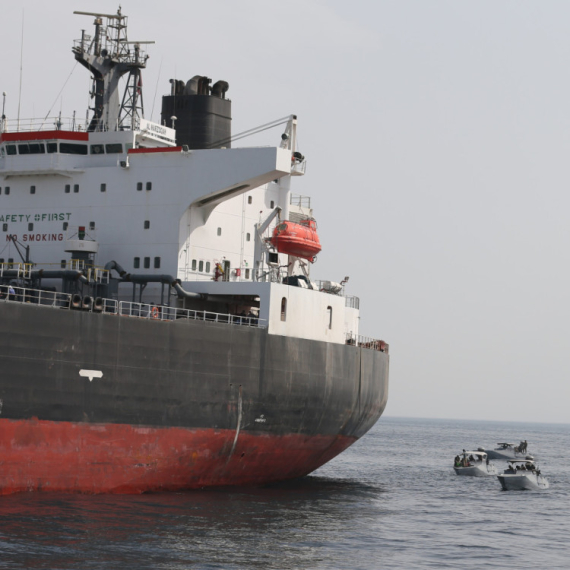




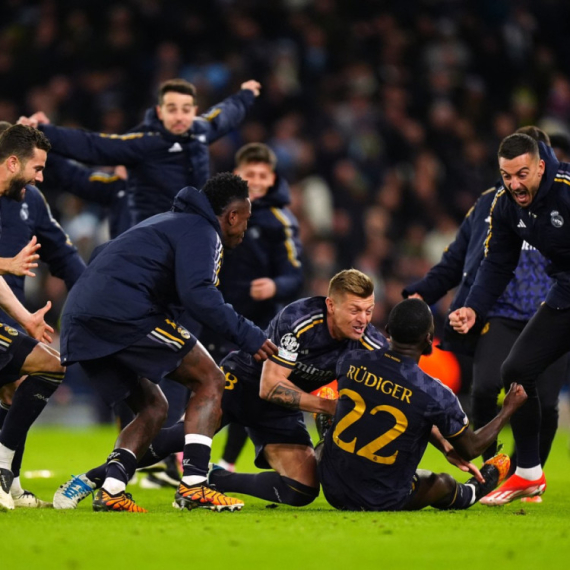
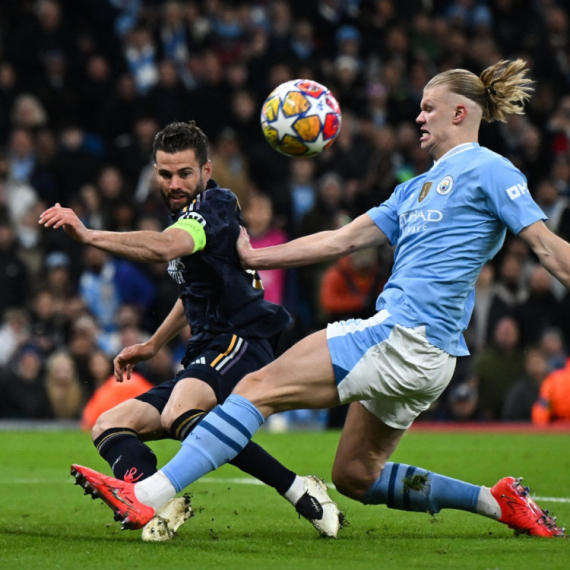
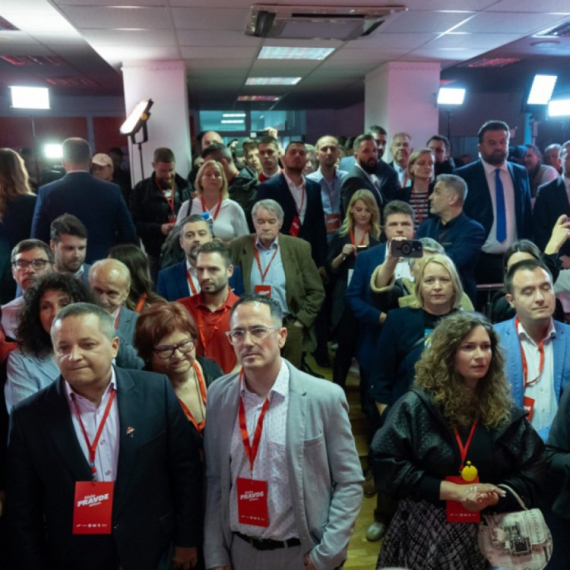
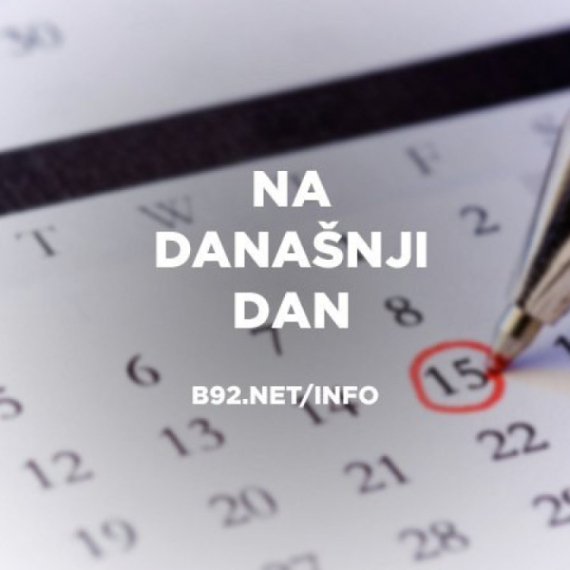
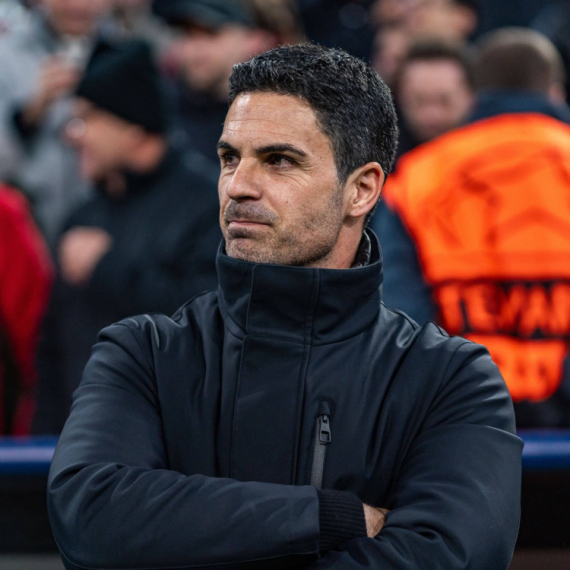
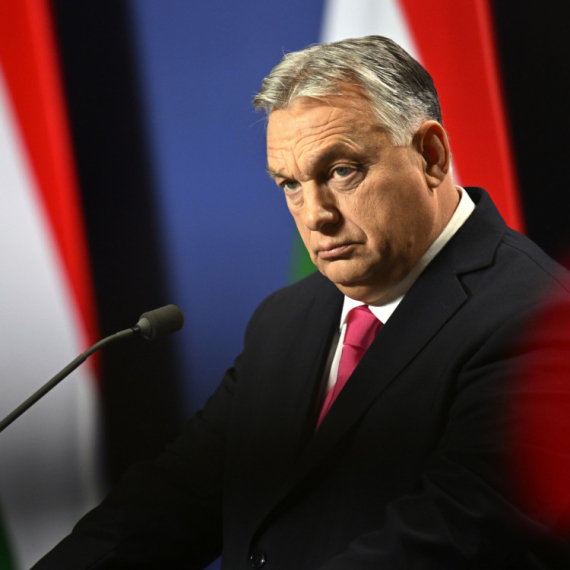
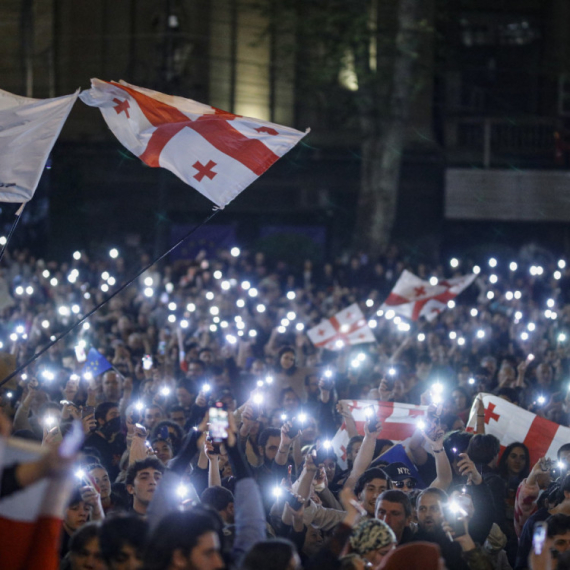

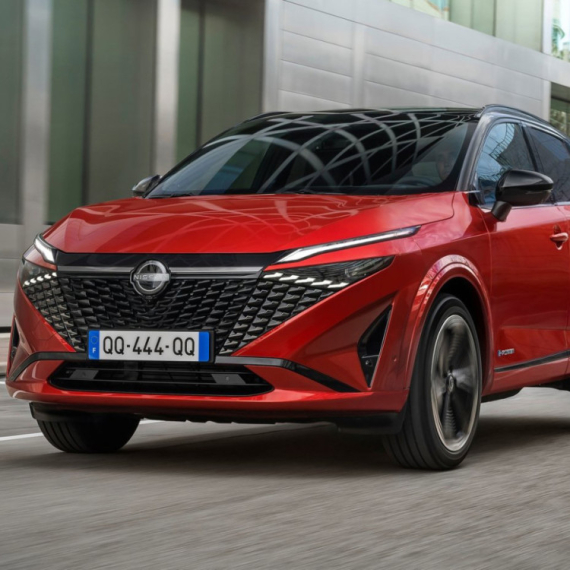


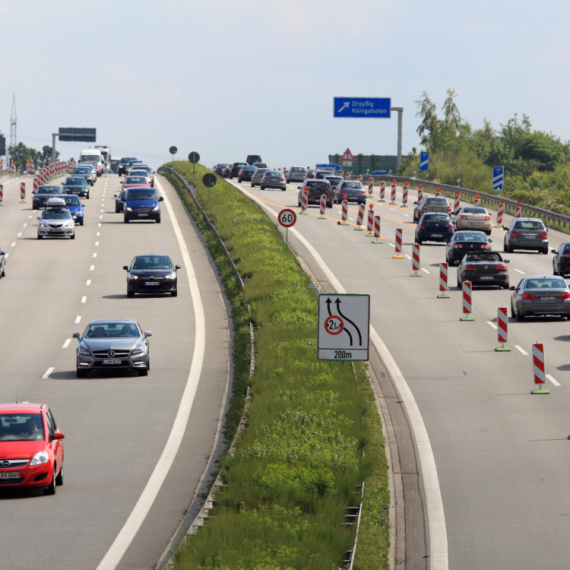
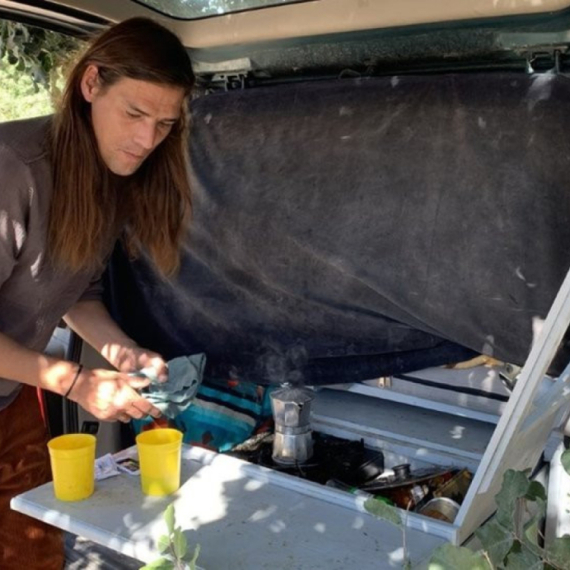
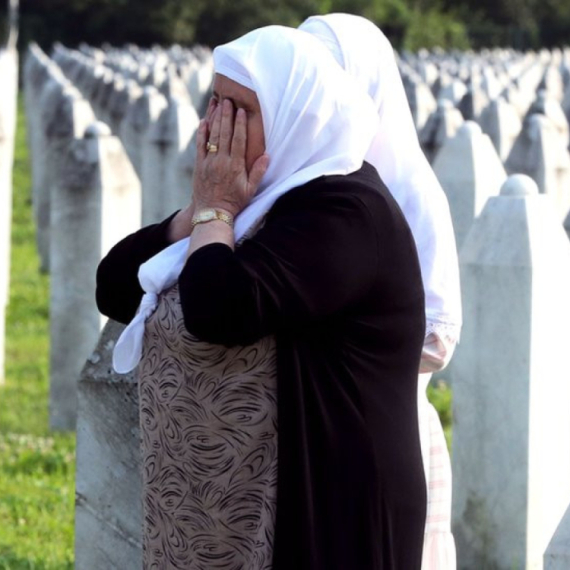
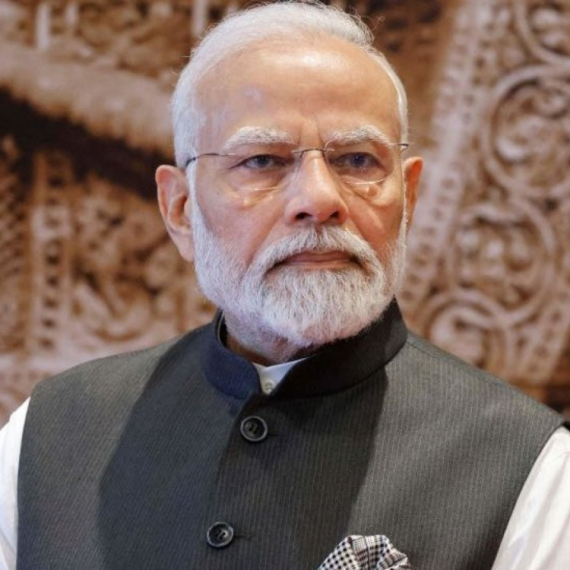
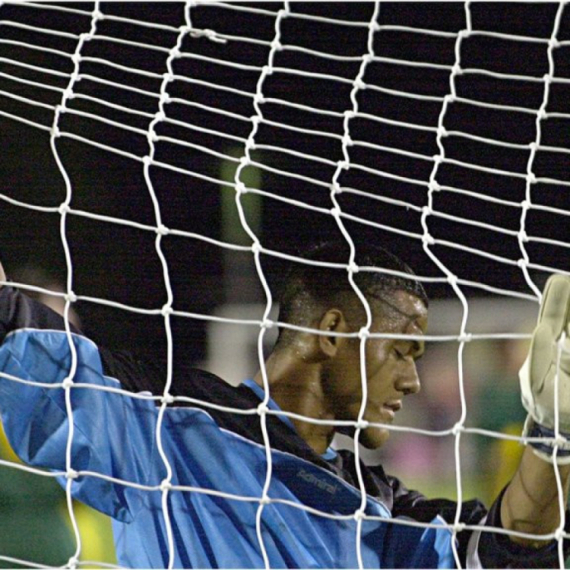
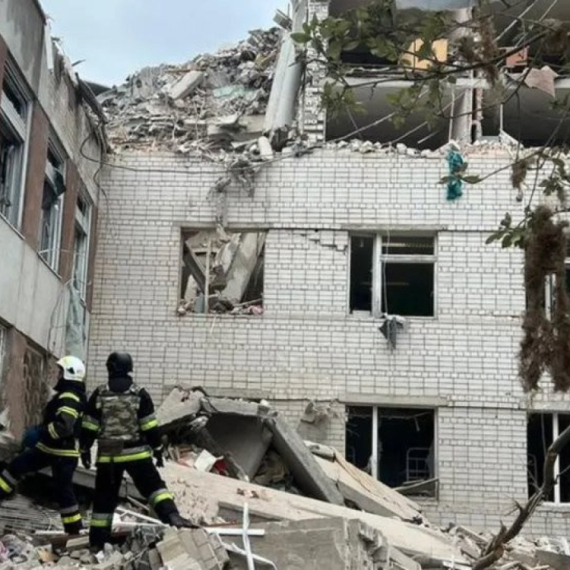

Komentari 3
Pogledaj komentare